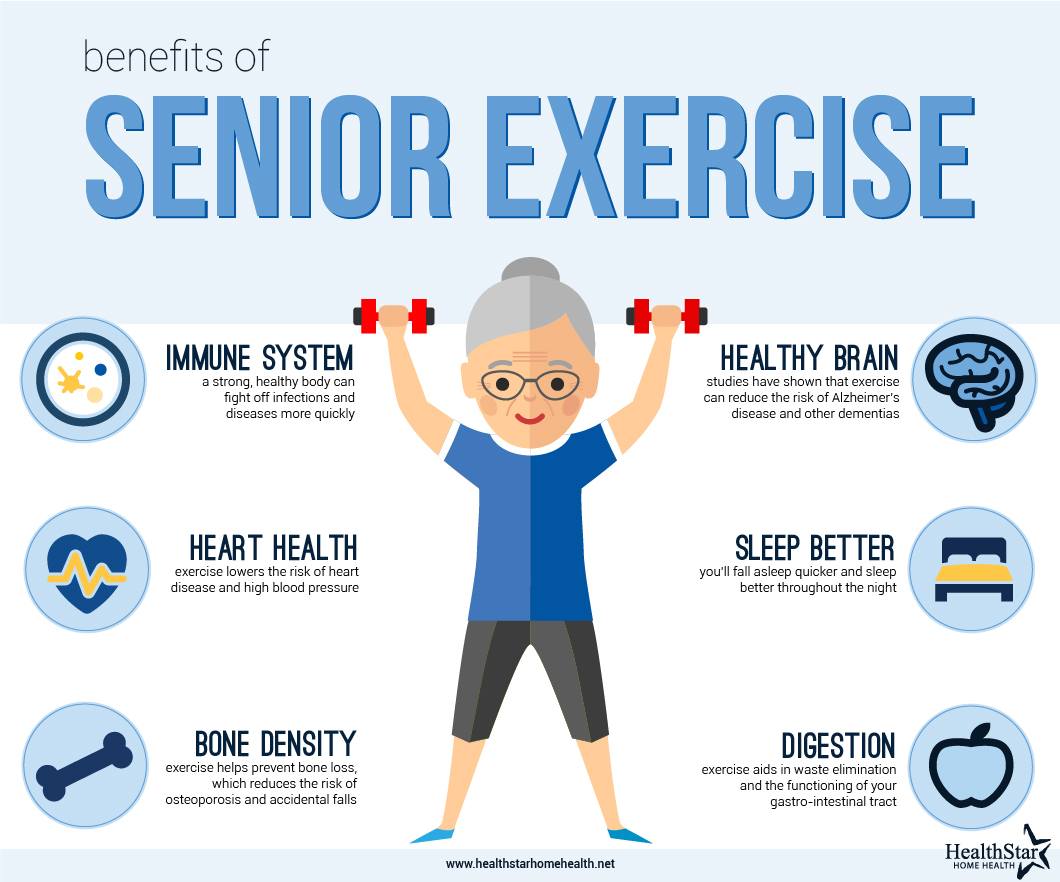Benefits of Exercise
Exercise is a crucial component of a healthy lifestyle. It offers a plethora of benefits that can enhance both physical and mental well-being. In this article, we will explore the numerous advantages of exercise and how it can positively impact your life.
Improved Physical Health
Regular exercise plays a vital role in improving physical health. By engaging in physical activities, you can strengthen your muscles, bones, and joints. It helps in maintaining a healthy weight by burning calories and increasing metabolism. Exercise also enhances cardiovascular health, reducing the risk of heart disease, stroke, and high blood pressure.
Enhanced Mental Well-being
Exercise not only benefits the body but also has a profound impact on mental health. Physical activity stimulates the production of endorphins, which are known as “feel-good” hormones. These hormones help in reducing stress, anxiety, and depression, promoting a positive mood and overall well-being.
Increased Energy Levels
Regular exercise can significantly boost energy levels. It improves blood flow and oxygen supply to the muscles and tissues, enhancing their functionality. As a result, you will experience increased energy and productivity throughout the day, enabling you to accomplish tasks more efficiently.
Weight Management
Exercise is an effective tool for weight management. By engaging in physical activities, you can burn calories and prevent excess weight gain. It helps in building lean muscle mass, which increases metabolism and aids in maintaining a healthy weight. Regular exercise, combined with a balanced diet, is essential for achieving and sustaining weight loss goals.
Improved Sleep Quality
Regular exercise can contribute to improved sleep quality. Physical activity helps regulate the sleep-wake cycle, promoting better sleep patterns. It reduces the time it takes to fall asleep and enhances the duration and quality of sleep. However, it is important to avoid intense exercise close to bedtime, as it may have a stimulating effect.
Reduced Risk of Chronic Diseases
Engaging in regular exercise can significantly reduce the risk of developing chronic diseases. Physical activity helps in preventing conditions such as diabetes, certain types of cancer, and osteoporosis. It strengthens the immune system, improves blood circulation, and enhances overall health, reducing the likelihood of various illnesses.
Improved Cognitive Function
Exercise has a positive impact on cognitive function and brain health. It enhances memory, focus, and concentration, making you more alert and productive. Physical activity stimulates the release of chemicals in the brain that promote the growth of new brain cells and improve overall cognitive abilities.

In conclusion, exercise offers a wide range of benefits that positively impact both physical and mental health. By incorporating regular physical activity into your routine, you can improve your overall well-being, enhance energy levels, manage weight, reduce the risk of chronic diseases, and boost cognitive function. Make exercise a priority in your life and experience the remarkable advantages it has to offer.
Frequently Asked Questions about the Benefits of Exercise
1. Why is exercise important for overall health?
Regular exercise helps improve cardiovascular health, boost the immune system, manage weight, reduce the risk of chronic diseases, and enhance mental well-being.
2. How does exercise contribute to weight management?
Exercise increases the number of calories burned, helping to create a calorie deficit, which is essential for weight loss or maintenance.
3. Can exercise improve mood and mental health?
Yes, exercise stimulates the release of endorphins, which are natural mood elevators. It can reduce stress, anxiety, and symptoms of depression, promoting better mental health.
4. What are the benefits of exercise for the heart?
Regular physical activity strengthens the heart muscle, improves circulation, lowers blood pressure, and reduces the risk of heart disease, heart attacks, and strokes.
5. Does exercise help in managing diabetes?
Absolutely! Exercise can improve insulin sensitivity, regulate blood sugar levels, and aid in weight control, making it an important component of diabetes management.
6. Can exercise improve sleep quality?
Engaging in regular physical activity can help regulate sleep patterns, promote deeper sleep, and reduce the incidence of sleep disorders.
7. How does exercise benefit bone health?
Weight-bearing exercises like walking, jogging, or weightlifting can strengthen bones, increase bone density, and reduce the risk of osteoporosis and fractures.
8. Does exercise enhance brain function and cognition?
Research suggests that exercise improves memory, cognitive function, and overall brain health by increasing blood flow and promoting the growth of new brain cells.
9. Can exercise improve longevity?
Regular physical activity has been linked to a longer lifespan by reducing the risk of various chronic diseases, improving overall health, and enhancing quality of life.
10. What are the psychological benefits of exercise?
Exercise can boost self-confidence, improve body image, provide a sense of achievement, and promote a positive outlook on life, leading to better psychological well-being.




